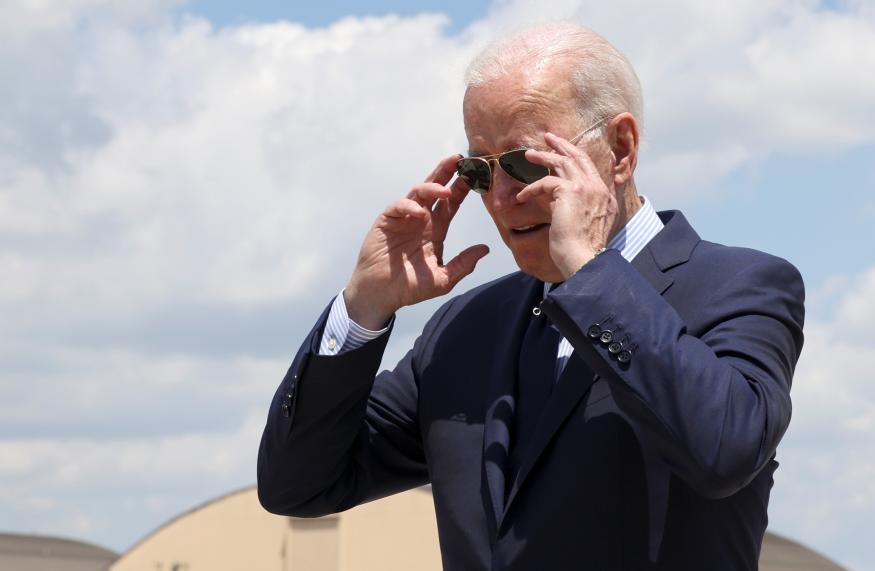
The Biden administration on Friday announced $930 million in grants designed to expand rural access to broadband internet. Part of the Department of Commerce’s “Enabling Middle Mile Broadband Infrastructure Program,” the grants will fund the deployment of more than 12,000 miles of new fiber optic cable across 35 states and Puerto Rico. The administration said Friday it expects grant recipients to invest an additional $848.46 million, a commitment that should double the program's impact.
“Much like how the interstate highway system connected every community in America to regional and national systems of highways, this program will help us connect communities across the country to regional and national networks that provide quality, affordable high-speed internet access,” Commerce Secretary Gina Raimondo said.
High-speed internet is no longer a luxury, it’s a necessity. That's why my Administration is investing in expanding access to affordable high-speed internet to close the digital divide.https://t.co/Mxd81tjeEg.
— President Biden (@POTUS) June 17, 2023
According to the Commerce Department, it received over 260 applications for the Middle Mile Grant Program, totaling $7.47 billion in funding requests. The agency primarily awarded grants to telecom and utility companies, though it also set aside funding for tribal governments and nonprofits. Per Gizmodo, the largest grant, valued at $88.8 million, went to a telecommunications company in Alaska that will build a fiber optic network in a part of the state where 55 percent of residents have no internet access. On average, the Commerce Department awarded $26.6 million to most applicants. Grant recipients now have five years to complete work on their projects, though the administration hopes many of the buildouts will be completed sooner.
In addition to creating new economic opportunities in traditionally underserved communities, the government says the projects should improve safety in those areas too. “They can improve network resilience in the face of the climate crisis, and increasing natural disasters like wildfires, floods, and storms, creating multiple routes for the internet traffic to use instead of just one, like a detour on the freeway,” White House infrastructure coordinator Mitch Landrieu told Bloomberg.
The funding is just one of many recent efforts by the government to close the rural digital divide. At the start of last year, the Federal Communications Commission announced an accountability program designed to ensure recipients of the Rural Digital Opportunity Fund properly spend the money they receive from the public purse.

0 Comments